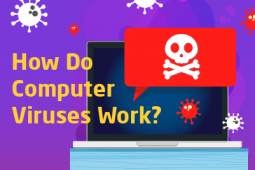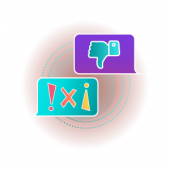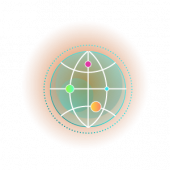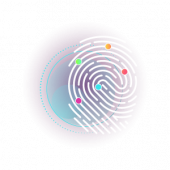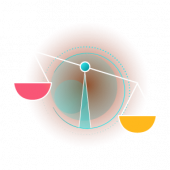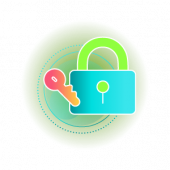I want to be aware of how my online behaviour can affect others.
Rights of My Children & Cybercrime
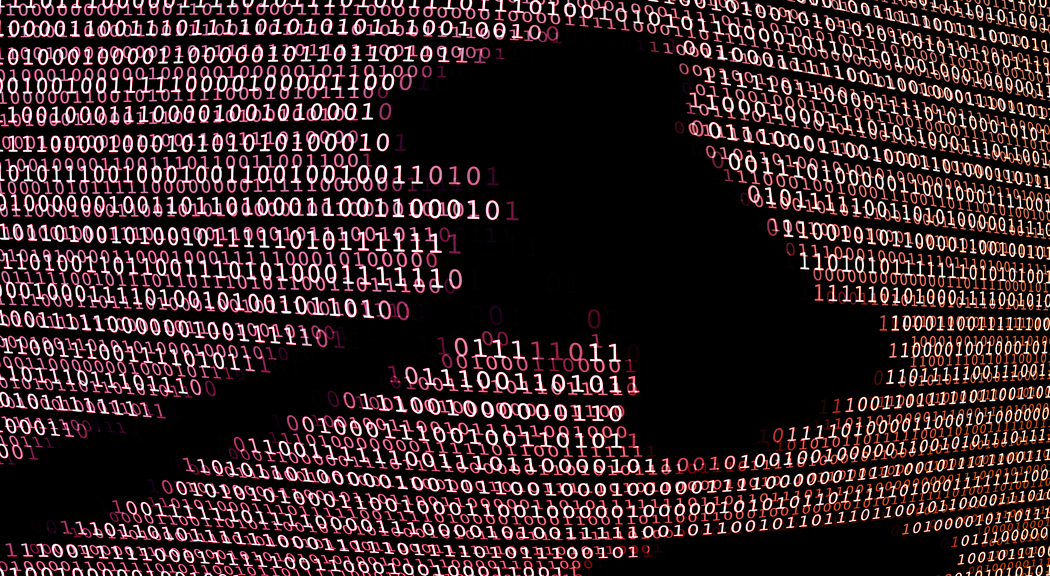
Technology allows varied ways of interaction between individuals, making all types of social interaction possible, and unfortunately, cybercrime is one of them. Children and youth spend most of their time online and they own mobile devices that connect them to the cyber world, in which they could become victims of cybercrimes or develop patterns of behavior that result in cybercrime, intentionally or unintentionally. As a parent, your role is to guide and protect your children, but it starts with learning about your children's rights and understanding what constitutes cybercrime.
First things first, what is the definition of the child?
In 2010, Qatar accessed to the Convention on the Rights of the Child, which identified the child as “every human being below the age of eighteen years”. Consequently, Qatari legislators have identified the child as follows: “Whoever did not complete the age of 18 calendar years shall be considered as a child” (Article 7, Law 14; Combating Cybercrime). Although this article explicitly criminalizes child pornography, the judicial system is dealing very seriously with whoever commits a crime against any child through electronic means, by imposing severe penalties.
On the other hand, what if a child commits a cybercrime or any crime through electronic means?!
In such case, the normal procedural & criminal laws shall be enforced and a reduced sentence, if any, shall be imposed, depending on the child’s age and circumstances. Anyways, we live in a digital world where we cannot avoid using technology and -in a way or another- are still living within different levels of digital ignorance. In such world, where our challenges, rights and responsibilities are changing, we still need to protect our children.
Thus, as a parent, what should I know about Cybercrime?
Technically speaking, the Qatari Law defined cybercrime as “any act that involves illegal use of information technology means, information system or information network in breach of the provisions of law” and it has listed some sorts of criminal actions that are explicitly identified as cybercrimes from article 2 to 13. Such crimes are well defined and have international recognition from legislators around the word.
Among the different types of criminal activities, child pornography, cyberbullying and identity theft come in the very heart of cybercrimes. A study that took place between 2016-2017 shows that at age 11, the average child has already been exposed to explicit pornographic content through the internet. 93% of boys and 62% of girls are exposed to internet-based pornography during their adolescent years and 22% of the vast quantities of porn consumed by people aged under 18 is consumed by those aged less than 10!!!
The expansion of the internet and advanced digital technology lies parallel to the explosion of the child pornography market. Child pornography images are readily available through virtually every internet technology, including social networking websites, file-sharing sites, photo-sharing sites, gaming devices and even mobile apps. Child pornography offenders can also connect on Internet forums and networks to share their interests, desires and experiences, abusing children in addition to selling, sharing, and trading images.
Furthermore, like all forms of bullying, cyberbullying causes psychological, emotional and physical stress. Each child’s response to being bullied is unique, but research has shown some general tendencies.
Statistics worldwide reveal alarming facts about virtual harassment, its impact and the many different shapes and forms it can take. Over 80% of children own a mobile phone and have multiple social network accounts. 57% of them admit they have seen or experienced online harassment. Social media cyberbullying is most prevalent on Instagram (42%), followed by Facebook (37%) and Snapchat (31%). Online bullies also follow the trends, so it is no surprise that Facebook is down on the list when it comes to virtual harassment. Youngsters are moving to cool new platforms, and places like Facebook are often considered to be a domain of “old guys”.
As you can see, cyberbullying and child pornography, among other dangers, are real issues that are prevalent in the cyberspace, amongst both nationals and residents. However, we are not helpless in trying to prevent this from happening. Although there is no 100% security in the cyberspace, there are minimal precaution measures that anyone can take, especially parents who shall play a crucial role in guiding their children to navigate offline and online.
- Raise awareness of your child; this is the most trusted element for online security.
- Open a dialogue with your child, talk to him/her about internet safety and surf the web together in a way to raise awareness.
If you are not a good user in techies, just do not give up! you may use the “savvy dad” technique. Just sit with your child and ask him to educate you. Ask your children to teach you how to use the programs they use. With such methods, you may be connected to the very heart of your children daily online activities and, at the same time, you will have the chance to guide him.
- Educate your child not to share what should be private by nature like personal photos. Tell him/her not to share his/her full name, address, school name, phone number and passwords, for security reasons. Advise him/her not to publish such information or provide it in response to questions in emails, private messages, chat rooms or forums. Help your child understand what inappropriate contact means to you.
- Be informed. Know what websites your child visits and with whom they are communicating.
- Use filtering or monitoring software. Empower yourself by ensuring your child is protected online, even if you are not there to supervise.
- Use parental supervisory tools. Most of the trusted web sites are offering parental control, please make use of them.
- Apply all privacy settings
- Deal with your accounts, usernames and passwords as sensitive information. Think carefully when choosing your username for online accounts and email addresses.
- Never hesitate to contact the police. If you or your children encounter an inappropriate contact, report it immediately to law enforcement.
At the end, it is good to know that the Ministry of Interior has established a specialized department for cybersecurity. The Economic and Cyber Crime Combating Department (ECCCD) is a high-tech investigation department, part of the Criminal Investigation General Department, located in Duhail. They do pay great attention to our cyberspace wellbeing and, in particular, they do give special care to any cases related to children. So please do not hesitate addressing them once you feel insecure or just suspect that your child is facing any kind of online problems.
@2x.png)







